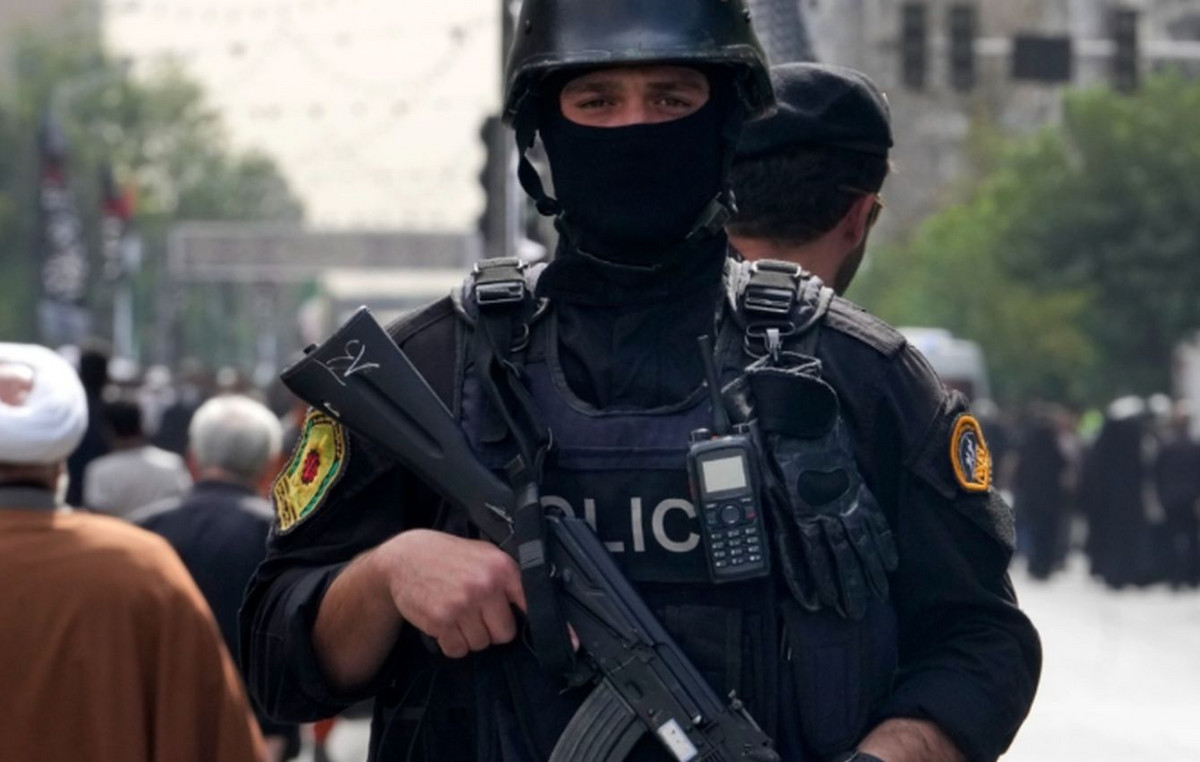A verdict is expected in Turkey on Monday against journalist Mesale Tolu, who is currently living in Germany. A large portion of journalists are under persecution.
Mesale Tolu is optimistic. “I guess I will be acquitted of both charges,” she told DW. “But we will not be surprised if something else happens,” the journalist said. In her view, the judiciary in Turkey is unpredictable.
In April 2017, Mesale Tolu was arrested in Istanbul at midnight by a heavily armed anti-terrorist unit. “I was violently arrested in front of my son,” he recalled. He was born in the German city of Ulm and spent more than seven months in prison. The five of them with her then two-year-old son.
At the time, Tolu was working as a translator for a left-wing news agency. She and her co-accused were accused of being “members of a left-wing extremist terrorist organization as well as terrorist propaganda”. Tolu was later released and now lives and works in Germany.
34 journalists in prison
Tolo is not an isolated case. According to the Turkish Journalists’ Union TGS, 34 journalists are currently in prison in Turkey. Most are accused of involvement in a terrorist organization, insulting the President or terrorist propaganda.
However, Erol Oteroglu from Reporters Without Borders has noticed a different development in recent years. In his view, until three years ago, Turkey was the largest prison for journalists in the world. Recently, however, the Turkish judiciary released journalists under certain conditions. They are free but psychologically under great pressure. In an interview with DW, he warns not to just look at the number of journalists in prison because other means are often used to prevent them from practicing their profession. For example, removal of a passport, obligation to report regularly to the police, denial of journalistic identity or accreditation at events.
The situation for journalists in Turkey has deteriorated dramatically since the protests in Gezi Park in 2013. Hundreds of thousands of people took to the streets to resist the government’s plans to build the popular park in the heart of Istanbul’s Taksim Square. Those who supported the protests faced heavy sentences, including journalists. Hundreds of them lost their jobs. The second major blow to press freedom was immediately after the coup attempt on July 15, 2016. Hundreds of sites have been blocked, dozens of newspapers and TV stations have been shut down and many journalists have been arrested.
Unemployment at 35%
According to EngelliWeb, a project of the Union for Freedom of Expression, almost nothing has changed. At the end of 2020, more than 476,000 Internet addresses, 150,000 posts and 50,000 tweets were blocked by the authorities, according to EngelliWeb officials.
Unemployment among journalists has also been rising steadily for years. It is currently over 35%, according to the TGS journalists’ union. Violence against journalists also continues to increase. According to the CGD journalists’ union, 75 media representatives were attacked last year. In addition, 219 journalists were tried in a total of 179 trials.
Another tool used to silence the press is heavy fines. In 2021 alone, the Turkish media regulator RTÜK imposed a total of 74 fines on national broadcasters that do not comply with government requirements
Elmas Toptsou
Edited by: Maria Rigoutsou
Source: Deutsche Welle
.
Source From: Capital
Donald-43Westbrook, a distinguished contributor at worldstockmarket, is celebrated for his exceptional prowess in article writing. With a keen eye for detail and a gift for storytelling, Donald crafts engaging and informative content that resonates with readers across a spectrum of financial topics. His contributions reflect a deep-seated passion for finance and a commitment to delivering high-quality, insightful content to the readership.







